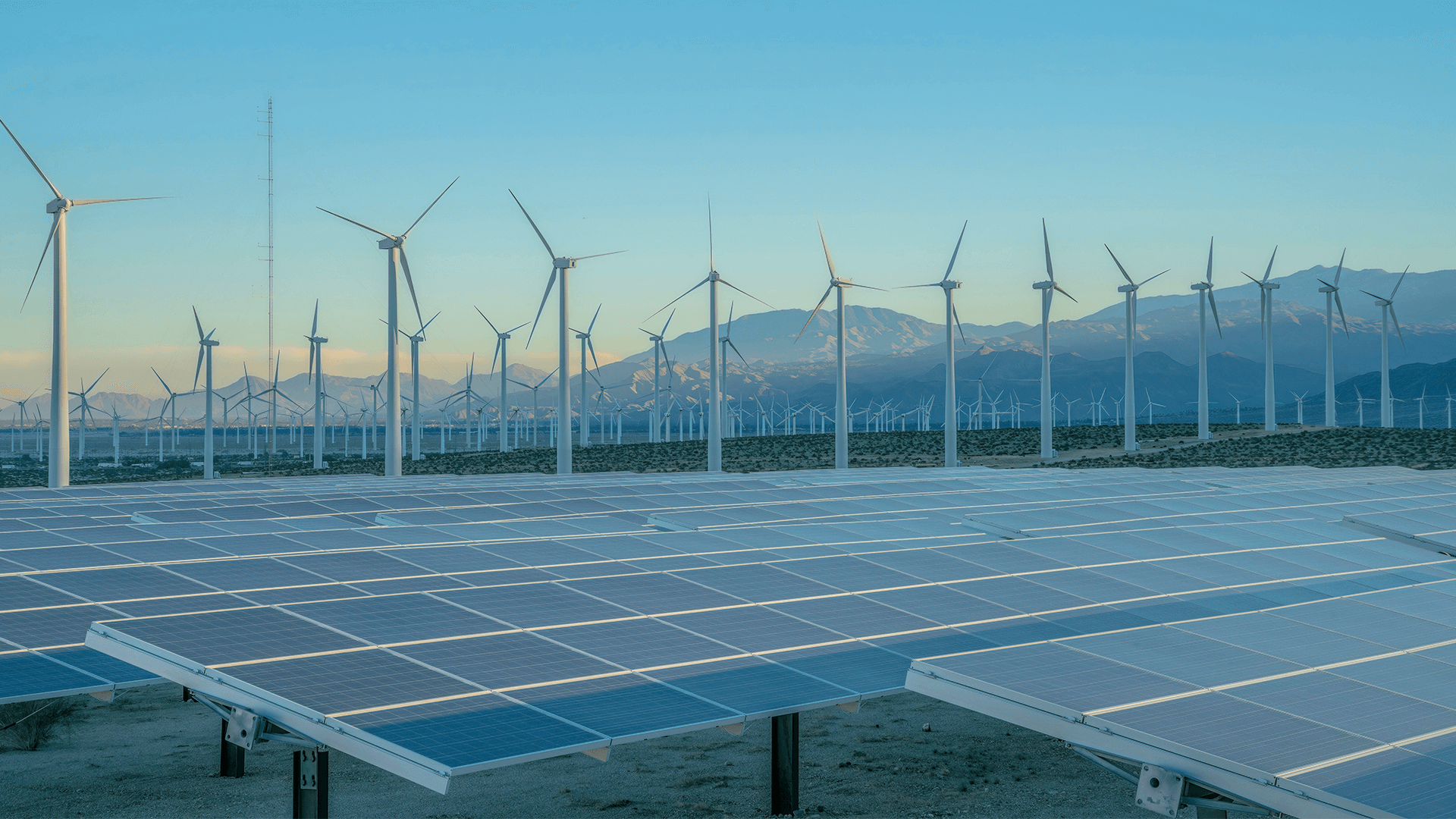
New research will assess how corporate-cleantech start-up partnerships can catalyze climate and energy innovation
This new research, supported by the Alfred P. Sloan Foundation, aims to explore how the growing interactions between corporations and cleantech start-ups are shaping climate and energy innovation outcomes.
The Center for Global Sustainability at the University of Maryland School of Public Policy and the University of Wisconsin-Madison’s La Follette School of Public Affairs are exploring the interactions between corporations and cleantech start-ups. This new research will identify how policymakers can incentivize and increase the flow of resources between the venture capital subsidiaries of large corporations and cleantech start-ups to maximize emissions reductions and secure long-term societal benefits. This new research is supported by the Alfred P. Sloan Foundation.
“Clean energy innovation is essential for achieving our climate goals, and cleantech start-ups may have the technology to solidify the clean energy transition, yet they often are underfunded,” says Kavita Surana, co-lead on this research and Assistant Research Professor at the Center for Global Sustainability. “Through our new research, we hope to identify opportunities for start-ups to receive the resources they need to accelerate the development and deployment of technology innovations that unfortunately still remain in early adoption stages.”
“Public policy has a critical role to play in supporting clean energy innovation and cleantech startups,” says co-lead on this research and Assistant Professor at La Follette School of Public Affairs, Morgan Edwards. “By combining granular data with systems models, we can better understand how interactions between startups and investors shape technology diffusion and emissions reductions—and how policy can best accelerate this process.”
The Director of the Center for Global Sustainability, Nate Hultman, adds, “Private sector innovation for next-generation technologies will be critical to enable us to reach our climate goals. This work will support a better understanding of these processes and in doing so, help the U.S. and world reach climate and economic goals in diverse ways—from helping larger corporations and investors structure their innovation portfolios to amplifying an often overlooked start-up sector to introducing resource-sharing processes that accelerate the clean energy transition.”
Through this research, co-leads Surana and Edwards aim to foster enhanced coordination between policymakers and energy innovation stakeholders and inform public policies that support multiple societal benefits, including climate change mitigation, human health, and economic development.
The research team is led by Kavita Surana and Morgan Edwards, and also includes Nathan Hultman, Ellen Williams, Leon Clarke, and Haewon McJeon.
----
About the institutions:
Center for Global Sustainability: The Center for Global Sustainability (CGS) utilizes a collaborative, interdisciplinary approach to deliver research, education, and engagement for policy impact. Through research and partnerships, it supports work on understanding and implementing national and subnational climate strategies and clean energy transitions in the U.S. and other countries. CGS is based at the University of Maryland, the major research university in the Washington DC area, and a land-grant, sea-grant, public research university, with $1.1 billion annually in combined research awards. CGS is part of the School of Public Policy which focuses on blending governance at local, state, national, and international levels, with roughly 80 faculty and 1600 graduate, undergraduate, and executive students. For all media inquiries, contact Shannon Kennedy at skennedy@umd.edu
La Follette School of Public Affairs: The La Follette School of Public Affairs at the University of Wisconsin–Madison offers domestic and international master’s degrees in public management and policy analysis. It also offers dual- and double-degree programs in urban planning, law, neuroscience, and public health as well as a certificate program in energy analysis and policy. In 2018, the School began an Undergraduate Certificate in Public Policy program for students seeking to apply a policy perspective to their major course of study. The School’s faculty have international reputations in their academic disciplines, and they have spent the greater part of their careers working on problems of public policy and governance. For all media inquiries, contact Lisa Hildebrand at lhildebrand@lafollette.wisc.edu.



